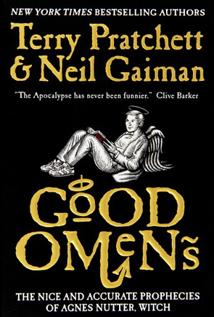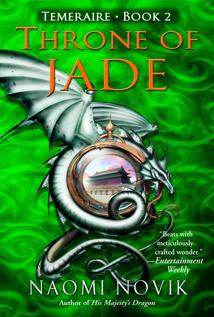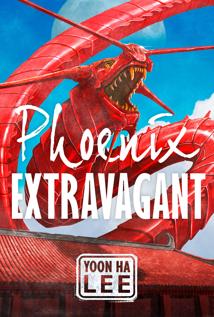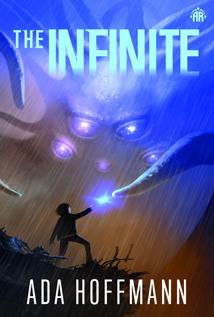Vampires. In space.
It’s not at all what I expected, but at the same time, kind of awesome. I mean, look how it starts:
You wake in an agony of resurrection, gasping after a record-shattering bout of sleep apnea spanning one hundred forty days. You can feel your blood, syrupy with dobutamine and leuenkephalin, forcing its way through arteries shriveled by months on standby. The body inflates in painful increments: blood vessels dilate, flesh peels apart from flesh, ribs crack in your ears with sudden unaccustomed flexion. Your joints have seized up through disuse. You’re a stick man, frozen in some perverse rigor vitae.
…
Vampires did this all the time, you remember. It was normal for them, it was their own unique take on resource conservation. They could have taught your kind a few things about restraint, if that absurd aversion to right angles hadn’t done them in at the dawn of civilization. Maybe they still can. They’re back now, after all—raised from the grave with the voodoo of paleogenetics, stitched together from junk genes and fossil marrow steeped in the blood of sociopaths and high-functioning autistics. One of them commands this very mission. A handful of his genes live on in your own body so it too can rise from the dead, here at the edge of interstellar space. Nobody gets past Jupiter without becoming part vampire.
This is just a cool concept. The entire idea that vampires are real. The justification that they evolved torpor/hibernation to deal with not out-compenting and wiping out humanity. A natural aversion (leading to seizures) when viewing right angles (like… crosses) that isn’t weeded out because nature doesn’t have many right angles. Super hardy, high processing, great for space travel.
It’s so cool.
And on top of that, we have virtual worlds, the Chinese room argument (with an entire character base on it), normalization of multiple personalities, and all sorts of other interesting people and brains on the trip. Every single one of them is atypical in some way (or multiple ways) and digging into that is a large part of the book.
And we haven’t even gotten to the aliens yet.
All in all, it’s a whole bunch of fascinating concepts all packed into a gloriously dense book. I could see any one of these carrying a novel, let alone all of them. The setting being deep space on (or beyond) the edge of the solar system makes everything claustrophobic, while the flashes of backstory give a bit of time to recover (and explain what in the world is going on with some of these characters).
I really enjoyed it. If any of the above intrigues you, give it a try. I will say though; warning: this is a weird book. Your milage may vary.
Onward!




